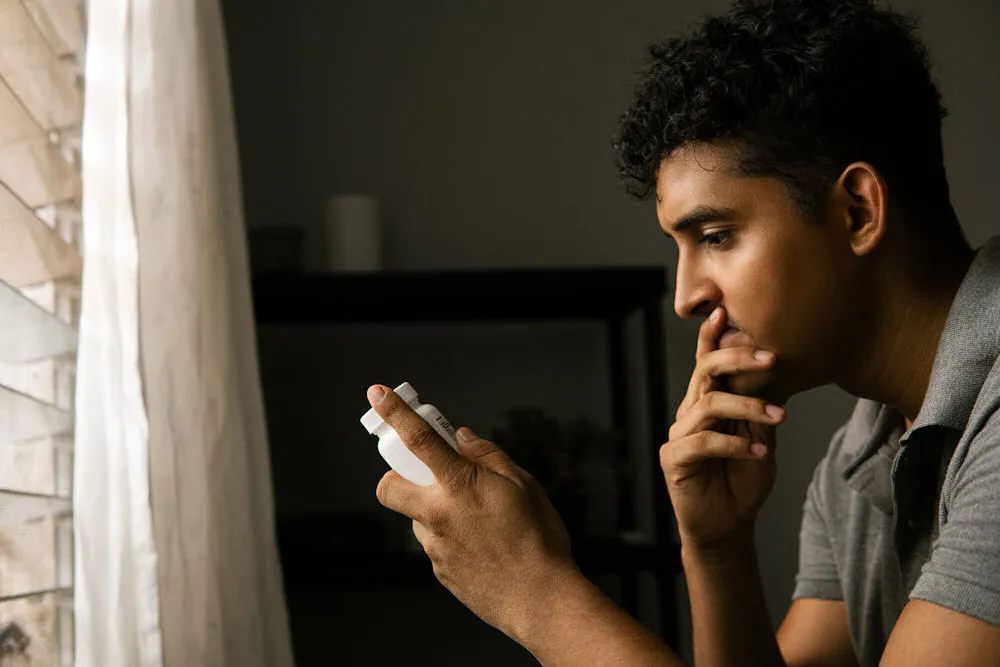Loading...
Loading...
Opioid Rehab & Detox in Huntington Beach, CA
Opioid addiction is a medical condition that requires professional treatment. At Surf City Detox, we provide compassionate, evidence-based care to help you break free from opioid dependence.

Opioid addiction has reached epidemic proportions across the United States, affecting people of all ages and backgrounds. Whether the addiction began with a legitimate prescription or illicit use, the path to recovery is the same: professional treatment.
Opioids include prescription painkillers like oxycodone and hydrocodone, as well as illicit drugs like heroin. All opioids work by binding to receptors in the brain, creating feelings of pleasure and pain relief—but also leading to physical dependence.
At Surf City Detox, we specialize in opioid addiction treatment using medication-assisted treatment (MAT) combined with behavioral therapies to address both the physical and psychological aspects of addiction.
Opioid abuse affects multiple body systems and can be life-threatening.

Recognizing opioid addiction early can be lifesaving.
Effective opioid treatment combines medical intervention with comprehensive therapy.
Medically supervised withdrawal management to ensure safety and comfort.
Suboxone, Vivitrol, and other FDA-approved medications to reduce cravings and prevent relapse.
One-on-one counseling to address underlying issues and develop coping strategies.
Peer support and shared experiences in facilitated group sessions.
Learn to identify triggers and develop strategies for maintaining sobriety.
Ongoing support and resources for continued recovery success.

Opioid withdrawal is intensely uncomfortable but rarely life-threatening. Medical support makes the process safer and more manageable.
Many people who struggle with opioid addiction also have co-occurring mental health conditions such as depression, anxiety, or PTSD. Some may have initially used opioids to self-medicate emotional pain.
Our integrated approach treats both addiction and mental health conditions together, recognizing that lasting recovery requires addressing all aspects of a person's well-being.
Our comprehensive approach to opioids addiction includes multiple levels of care.
Recovery from opioid addiction is possible with the right treatment and support. Take the first step toward a healthier future today.
Confidential. Compassionate. Available when you need us.